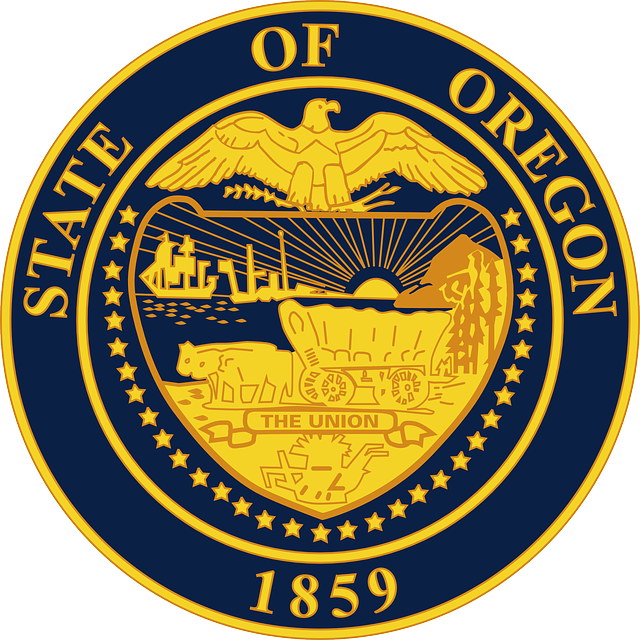Oregon's child welfare attorneys face a complex legal landscape, but they are equipped with specialized legal resources Oregon and attorney tools Oregon to navigate it. These include state-specific databases, case management software, and a robust attorney support network facilitating knowledge sharing and collaboration. This network is crucial for staying updated on legislative changes, court rulings, and emerging practices, ultimately benefiting children and families involved in the child welfare system by ensuring effective representation and best interests advocacy.
“In Oregon, child welfare attorneys play a vital role in ensuring the safety and well-being of vulnerable children. This article guides legal professionals navigating the state’s complex child welfare system. We explore Oregon’s child welfare legal framework to help attorneys understand their responsibilities. Additionally, we highlight valuable resources and an attorney support network tailored for this specialized field. Learn about effective tools designed to enhance success in child welfare cases, catering specifically to Oregon legal professionals.”
- Understanding Oregon's Child Welfare Legal Framework
- Building Your Network: Resources and Support for Attorneys
- Utilizing Effective Tools for Success in Child Welfare Cases
Understanding Oregon's Child Welfare Legal Framework

Oregon’s child welfare legal framework is a complex web of laws and regulations designed to protect and nurture vulnerable children within the state. Navigating this landscape requires an understanding of key statutes, case law, and administrative rules that guide the actions of Oregon child welfare attorneys. Legal resources in Oregon play a crucial role in supporting these professionals as they advocate for the best interests of children involved in dependency, neglect, or foster care proceedings.
Child welfare attorney tools in Oregon include access to state-specific legal databases, case management software, and professional networks that facilitate knowledge sharing and collaboration. These resources enable attorneys to stay abreast of legislative changes, court rulings, and emerging practices, ultimately enhancing their ability to provide effective representation for children and families within the child welfare system.
Building Your Network: Resources and Support for Attorneys

Building a robust network is essential for Oregon child welfare attorneys to access the best resources and support. There are numerous professional organizations and legal resources available specifically tailored to child welfare law in Oregon. These networks provide a platform for attorneys to connect, share knowledge, and collaborate on cases, ensuring they stay updated with the latest developments and regulations in this specialized field.
Attorneys can leverage these networks to gain access to valuable attorney tools, including case management software, legal research databases, and up-to-date resources on Oregon’s child welfare laws. They also offer opportunities for mentorship and peer support, which are invaluable for navigating complex cases and ensuring the best outcomes for children involved in the welfare system.
Utilizing Effective Tools for Success in Child Welfare Cases

Oregon child welfare attorneys face complex and sensitive cases, requiring a robust set of tools to achieve successful outcomes for their clients. Accessing the right legal resources Oregon can significantly impact case management and advocacy. The state’s attorney support network offers valuable professional resources child welfare practitioners can leverage. These include specialized databases, case management software, and up-to-date legal research tools tailored to Oregon’s unique child welfare laws and regulations.
Attorneys can enhance their effectiveness by staying informed about evolving legislation and court decisions through these comprehensive legal resources Oregon. Moreover, connecting with fellow professionals within the attorney support network fosters collaboration and knowledge sharing, enabling attorneys to navigate complex cases with greater confidence and competence. This collective expertise benefits both the legal profession and, ultimately, the vulnerable children involved in child welfare proceedings.






